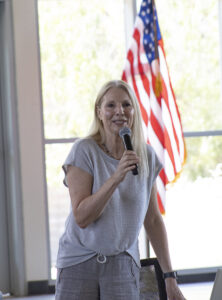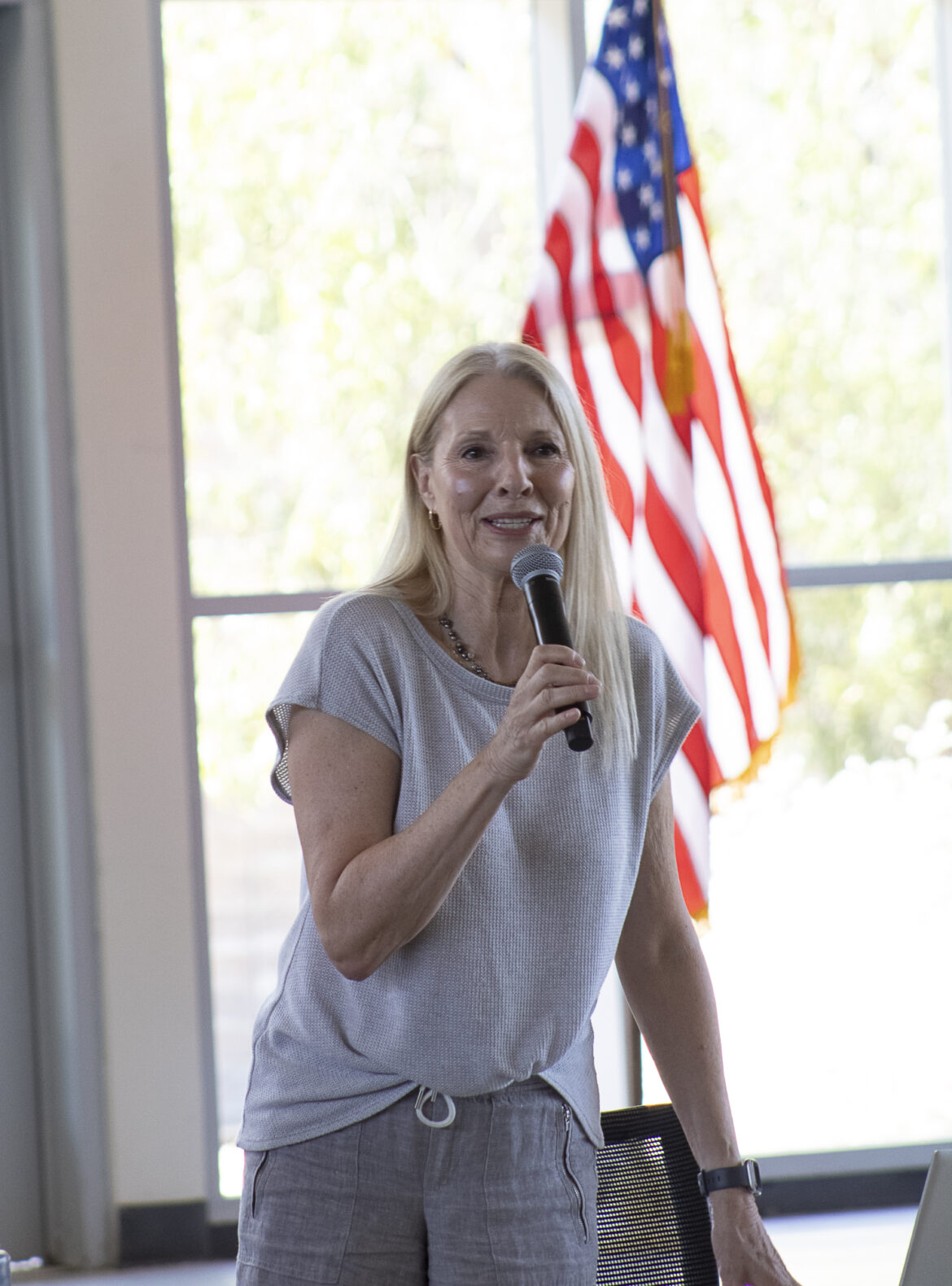Faculty public commenters opened the Sept. 9 Academic Senate Meeting in Building 600—the first of the fall semester—with concerns over a decrease of student placements into developmental courses.
English professor Curt Duffy was one of three educators who spoke about the fallout of Assembly Bill (AB) 1705.
AB 1705, signed into law in 2022 and which builds on AB 705, “specifies that colleges must rely on high school coursework, high school grades and high school grade point averages when determining how to place and enroll new students,” according to EdSource. With this law, colleges cannot require students to take remedial classes or repeat courses that they have already completed in high school or college, and “any one measure can demonstrate that a student is ready for transfer-level classes and that low performance on one measure should be offset by a higher performance on another measure,” according to EdSource.

“Approximately 60% of Pierce College students would benefit from pre-transfer math and English courses,” Duffy said. “Courses that Jacqui Irwin’s AB 1705 flexibly made off-limits.”
English professor Karin Burns added to Duffy’s thoughts.
“All college students must now enter at the English 101 transfer level,” Burns said. “AB 1705 removed developmental courses like our English 28, wrongly assuming that all community colleges’ placement procedures failed them.”
Failure rates have become higher in transfer-level courses because the students have not had the appropriate developmental coursework, explained Duffy.
After the public comments, Academic Senate President Margarita Pillado introduced Pierce President Ara Aguiar, who gave the college report.
Aguiar gave a formal response as to why the search to fill a new counseling position was unsuccessful, one reason being that all possible candidates lacked the required expertises.
“I called the colleges and none of them had any CTE [Career Technical Education] or adult education background,” Aguiar said. “The intent was that that position would be filled and paid by Strong Workforce and the Adult [Education] Block Grant so that it would not negatively impact program 100 [Communication Studies].”
Aguiar also said the Strong Workforce Program has been faced with state reductions resulting in the loss of close to $17 million, and gave an analysis of what effect that would have on the counseling department.
Throughout the past five years, there has been a staff increase in the counseling department of a little over five full-time faculty members in order to balance the load of that department, according to Aguiar. The positions are paid for, but the source of that money has gone over budget by close to three quarters of a million dollars, money that will then have to be pulled from other sources around the college, Aguiar said.
“I just want everyone to know that I have to go back and look at that carefully in terms of how these decisions are being made to expand the department at that level,” Aguiar said.
The next Academic Senate meeting will be held on Monday, Sept. 23, in Building 600.


